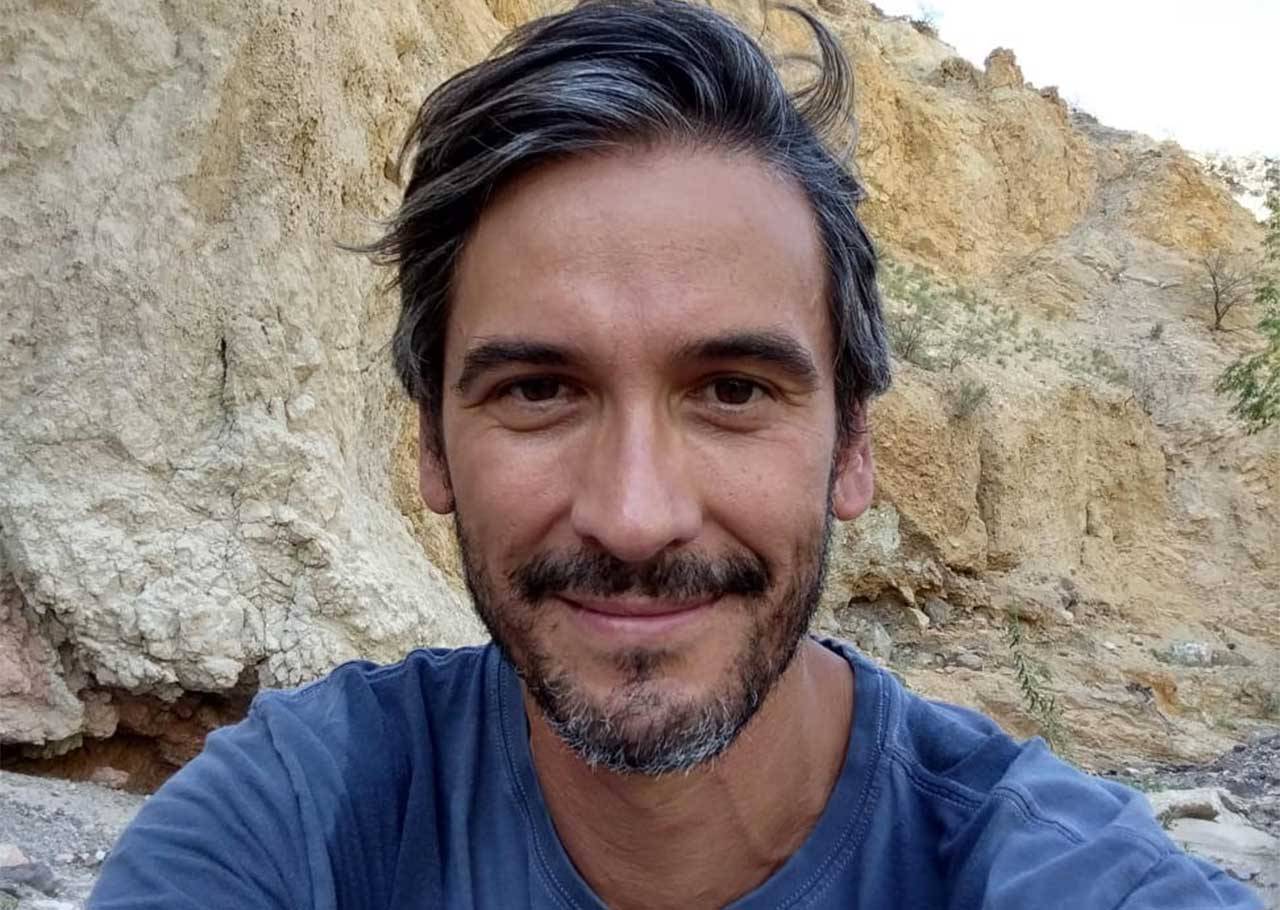Antonio Castilla
Department of Plant Biology, Ecology and Evolution
Dr. Antonio Castilla joined Oklahoma State University in August 2023 as an assistant professor in the Department of Plant Biology, Ecology, and Evolution. His group focuses on understanding how genetic variation arises in plant populations, with a specific interest in dispersal processes.
"Let's begin with a seemingly straightforward fact: plants, unlike animals, don't move in the traditional sense. However, while true on the surface, this statement only captures part of the picture. Plants exhibit movement of a different kind — they disperse their genes through processes such as pollination and seed dispersal. What's more? These dispersal mechanisms operate across various spatial scales, adding another layer of complexity. In my lab, we're committed to investigating this complexity, focusing on comprehending how plant dispersal operates across various spatiotemporal scales and affects the genetic variation within species.
In plant populations, genetically related individuals tend to cluster together, affecting the quality of pollination. Our laboratory investigates how pollinators facilitate mating among distant individuals, enhancing genetic diversity within plant populations. We also use landscape genomics to study how habitat fragmentation affects dispersal processes at broader geographic scales. This approach is very cool because we can measure how tough it is for species' dispersers to move around the landscape using GIS tools and see how that connects to genetic connectivity among populations. Zooming to broader spatial and temporal scales, we are developing methods to integrate fossil pollen, genomic data and species occurrences to examine how plant species have shifted their ranges in response to environmental changes in the last 20,000 years. We expect this research will set the stage for predicting how species might handle climate change and whether we will need to step in with actions helping them move to new areas."
As a professor and mentor, his primary goal is to inspire a deep passion for ecology while nurturing students' capacity for independent critical thinking. At OSU, he employs an active learning approach in teaching General Ecology, prioritizing student engagement and fostering active class participation. Together, Castilla and his students embark on an immersive journey through various ecological systems, from individual organisms to the entire biosphere. This exploration encompasses understanding the global processes influencing Earth's climate and biome distribution, followed by an in-depth examination of the intricate dynamics governing ecosystems, communities, populations and individual organisms. However, it's not just about lectures! While there is allocated time for lecturing, students also conduct experiments, collect and analyze data, interpret findings through scientific plots, and engage in lively group discussions—all within the dynamic classroom environment.

